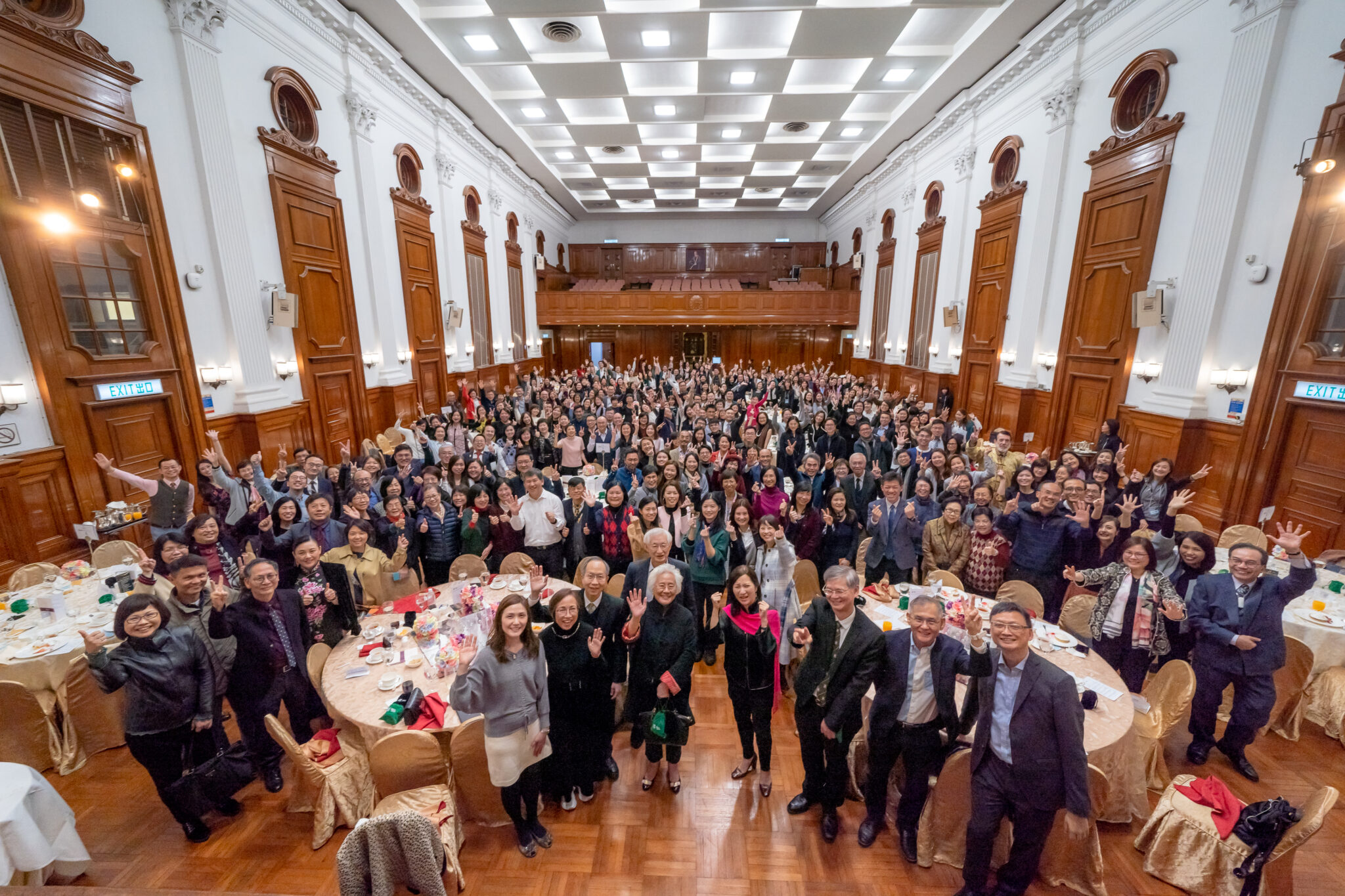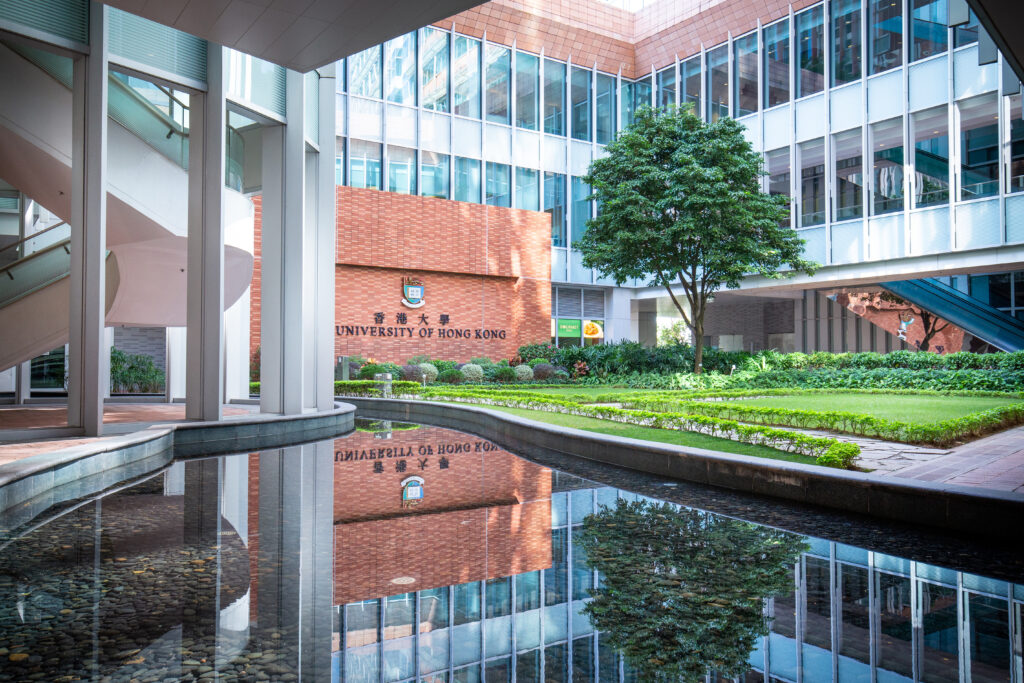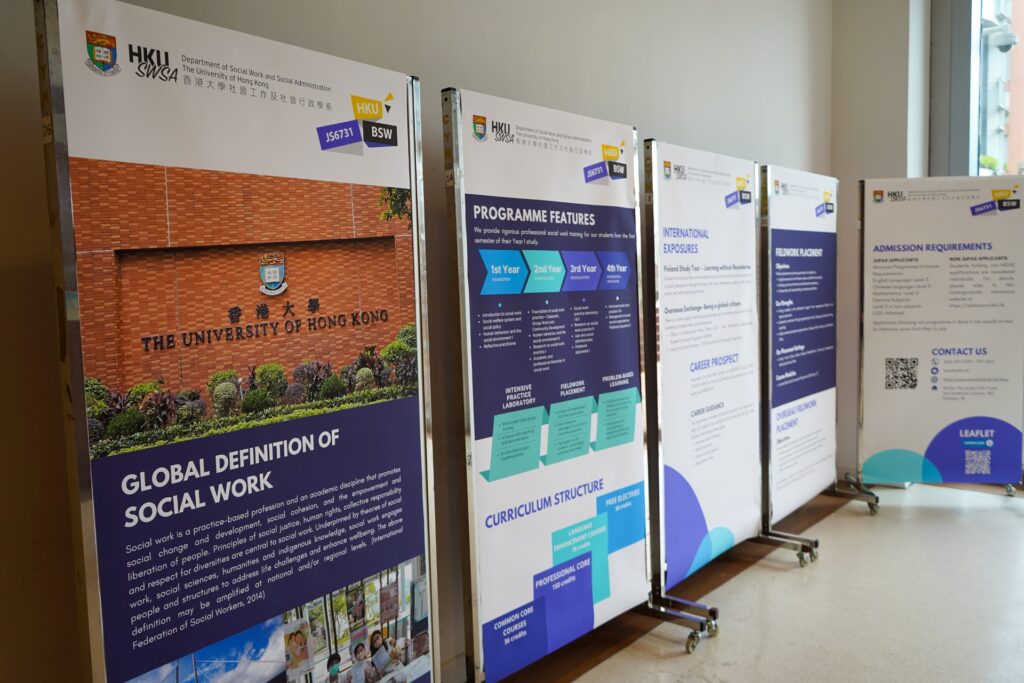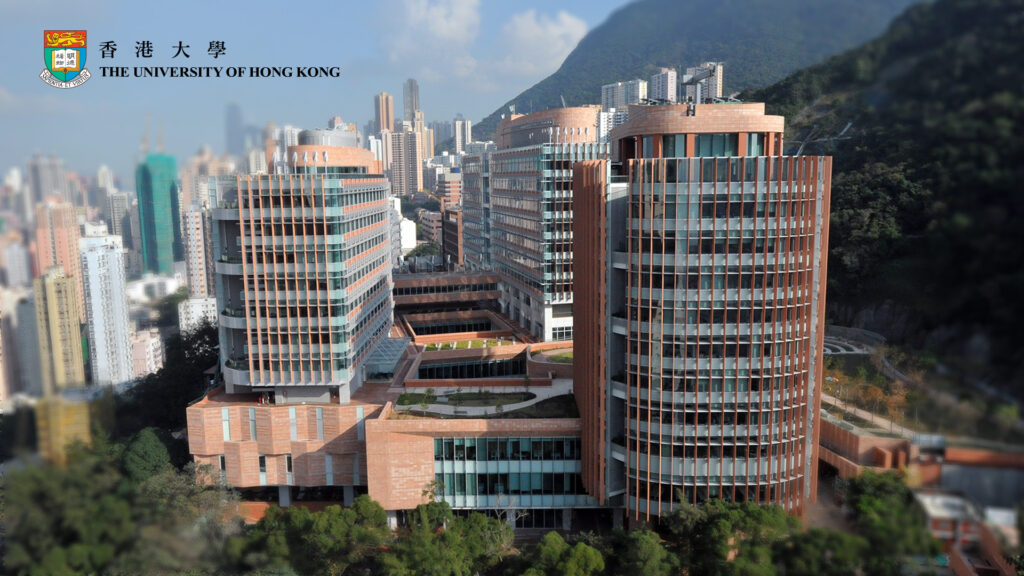Experiencing prejudice and discrimination from family has been found to be positively associated with mental health problems among sexual minorities. Emerging evidence also shows the value of contextualizing the internalization of minority stress by considering individual cultural factors, such as filial piety. We examined whether authoritarian filial piety (AFP) and reciprocal filial piety (RFP) moderated the link between distal stressors in one’s family and mental health outcomes. A total of 362 (56.9% male; age: M?=?24.55, SD?=?6.60) Chinese lesbian, gay, bisexual, queer/questioning, and other non-heterosexual (LGBQ+) individuals participated in this study. They provided demographic information and completed a battery of measures for AFP and RFP, sexual orientation-based prejudice and discrimination in family of origin (SOPDF), depressive symptoms, and life satisfaction. Structural equation modeling results showed that SOPDF had a positive and negative link with depressive symptoms and life satisfaction, respectively. In addition, we identified AFP and RFP as significant moderators for the association between SOPDF and depressive symptoms, and the association between SOPDF and life satisfaction, respectively. Specifically, the positive effect of SOPDF on depressive symptoms was greater for participants with higher levels of AFP; the negative effect of SOPDF on life satisfaction was greater for participants who endorsed higher levels of RFP. Our findings corroborated past studies’ conclusion about the detrimental impact of familial sexual stigma on LGBQ+ people’s mental health. Furthermore, such impact on negative and positive mental health outcomes are respectively conditioned by the degree to which LGBQ+ individuals endorse AFP and RFP. These findings underscore the importance for therapists who endorse family therapy to help LGBQ+ clients navigate familial sexual stigma and consider the role of filial piety beliefs in shaping the impact of familial sexual stigma on these clients’ mental health.
Congratulations to Prof. LOU W.Q. Vivian on being recognized among the Healthy Ageing 50 Leaders by the UN Decade of Healthy Ageing (2021?2030). The Healthy Ageing 50 highlights people from every region and sector?government, civil society, academia, and business?whose work is measurably improving the lives, rights, and well-being of older people and advancing the Decade?s priorities: combating ageism, fostering age-friendly environments, and expanding access to integrated and long-term care. Honourees are profiled on the Decade platform to showcase approaches with proven impact and potential to scale, and to catalyse collaboration across countries and disciplines?reflecting Dr. LOU?s leadership in ageing and longevity.
Learn more: https://www.decadeofhealthyageing.org/topics-initiatives/other-initiatives/healthy-ageing-50#anchor_two
Prof. LAW Y.W. Frances was admitted as a Fellow of the Academy by the Hong Kong Academy of Social Work. The Fellowship is a senior professional honour that recognizes social work leaders with sustained, exemplary contributions to the profession and the community. Fellows are peer?acknowledged for their professional excellence and leadership, ethical standing, impact on practice and policy, scholarship and education, and dedicated service. As a Fellow, Prof. Law is part of a community expected to set standards for the field, champion continuing professional development, mentor the next generation, and help advance the Academy?s mission to strengthen social work quality and public trust in Hong Kong. This recognition affirms her leadership and broad impact across research, practice, and community engagement.
Learn more: https://academy.hkswa.org.hk/zh-HK/membership/information/fellow/





